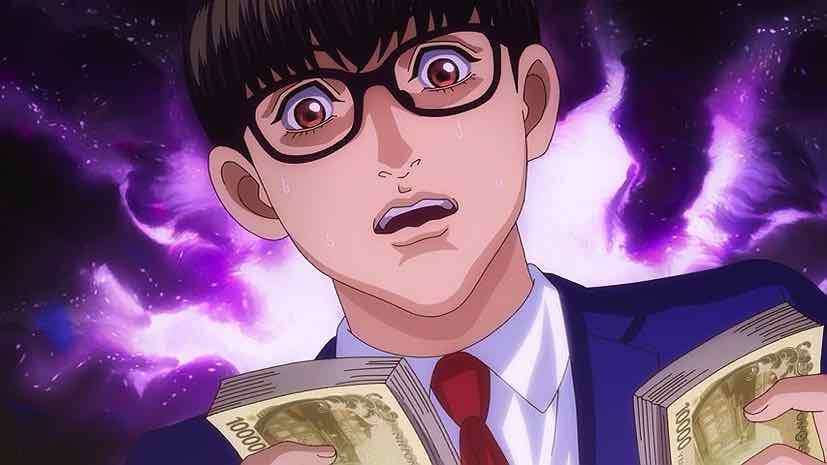 It’s a cutthroat season in terms of coverage, especially in the neighborhood on the calendar where Trillion Game hangs out. But you know, I do rather like it in a slow-go sort of way. We may be spoiled for choice when it comes to series about adults and working this season (possibly more than any since I’ve been covering anime), but that doesn’t mean they aren’t individually welcome. The simple truth is there’s more diversity to the adult experience than to the adolescent one. That doesn’t make the latter any less valid as a canvas for fiction, but it does leave an easier path to do something fairly original with the former.
It’s a cutthroat season in terms of coverage, especially in the neighborhood on the calendar where Trillion Game hangs out. But you know, I do rather like it in a slow-go sort of way. We may be spoiled for choice when it comes to series about adults and working this season (possibly more than any since I’ve been covering anime), but that doesn’t mean they aren’t individually welcome. The simple truth is there’s more diversity to the adult experience than to the adolescent one. That doesn’t make the latter any less valid as a canvas for fiction, but it does leave an easier path to do something fairly original with the former.
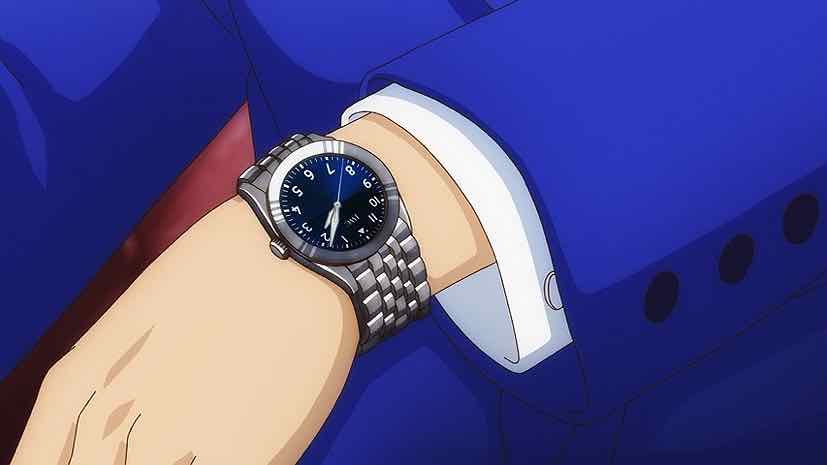 I wouldn’t say the quest at the heart of Trillion Game is especially noble. But I don’t find it inherently evil, either. You can get rich without being a criminal or even a dick, I truly believe that (though it’s rare). And stories about noble quests are by no means inherently more interesting than those that aren’t. Entrepreneurialism isn’t such a common theme in animanga that it feels played out. What’s interesting here is that Haru’s quest feels distinctly more Western (especially American) than Japanese. And his story comes off more like one you’d expect to see playing out on the West Coast of the U.S. than Japan.
I wouldn’t say the quest at the heart of Trillion Game is especially noble. But I don’t find it inherently evil, either. You can get rich without being a criminal or even a dick, I truly believe that (though it’s rare). And stories about noble quests are by no means inherently more interesting than those that aren’t. Entrepreneurialism isn’t such a common theme in animanga that it feels played out. What’s interesting here is that Haru’s quest feels distinctly more Western (especially American) than Japanese. And his story comes off more like one you’d expect to see playing out on the West Coast of the U.S. than Japan.
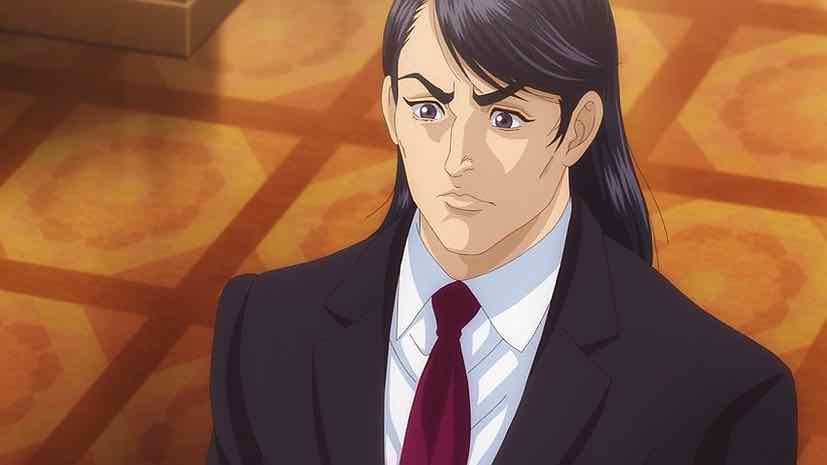 Kirihime’s offer does, as you’d expect, come with strangling strings attached – to wit, 51% ownership of the two dudes and their business. But she and Haru are playing a cat and mouse here, flirting in more ways than one. He looks to leverage her offer into a better one from somebody else – a tricky manoeuver for obvious reasons. Haru’s game is simple – he never stops networking. He sees everyone he meets with more smarts, money, or influence than he as a potential resource to be tapped. Eventually this leads to Gaku getting entered into the SEC (no, not sex) championship.
Kirihime’s offer does, as you’d expect, come with strangling strings attached – to wit, 51% ownership of the two dudes and their business. But she and Haru are playing a cat and mouse here, flirting in more ways than one. He looks to leverage her offer into a better one from somebody else – a tricky manoeuver for obvious reasons. Haru’s game is simple – he never stops networking. He sees everyone he meets with more smarts, money, or influence than he as a potential resource to be tapped. Eventually this leads to Gaku getting entered into the SEC (no, not sex) championship.
 While the specific event described here is fictionalized, it’s loosely based on a number of real-life hacking tournaments with a similar “Capture the Flag” format – especially the International Cybersecurity Challenge. It’s limited to those under 25 and is conducted as a regional competition (Team Europe has dominated recent events). Poor old Gaku is set up to compete by himself against a bunch of big squads sponsored by giant corporations like Google. It seems hopeless, but Haru uses the team name (which has no character limit) to leverage Dragon Bank’s offer in a very clever and ballsy way.
While the specific event described here is fictionalized, it’s loosely based on a number of real-life hacking tournaments with a similar “Capture the Flag” format – especially the International Cybersecurity Challenge. It’s limited to those under 25 and is conducted as a regional competition (Team Europe has dominated recent events). Poor old Gaku is set up to compete by himself against a bunch of big squads sponsored by giant corporations like Google. It seems hopeless, but Haru uses the team name (which has no character limit) to leverage Dragon Bank’s offer in a very clever and ballsy way.
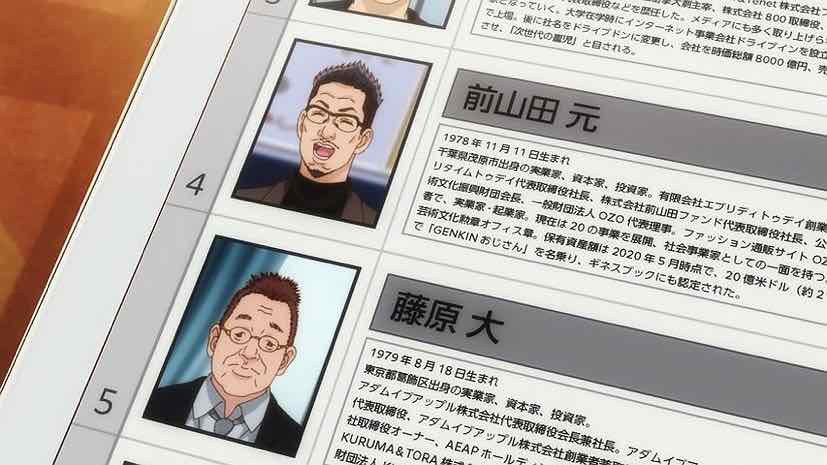 Haru isn’t in fact leaving Gaku hanging out to dry. The mixer he was attending was trolling for IT help for the competition. And he hocks his precious watch to pay the helpers. If there’s one thing Haru is good at it’s drawing attention, and this scheme is certainly an interesting way to do that. Again, none of this is especially noble but it’s nevertheless a fruitful narrative direction. In a sense the startup racket is a big and complicated game, and that makes it a natural fit for manga and anime to tackle. I think it’s clear that Madhouse’s main focus this season is its more “literary” adaptation, but they’re nevertheless well-suited to this sort of story.
Haru isn’t in fact leaving Gaku hanging out to dry. The mixer he was attending was trolling for IT help for the competition. And he hocks his precious watch to pay the helpers. If there’s one thing Haru is good at it’s drawing attention, and this scheme is certainly an interesting way to do that. Again, none of this is especially noble but it’s nevertheless a fruitful narrative direction. In a sense the startup racket is a big and complicated game, and that makes it a natural fit for manga and anime to tackle. I think it’s clear that Madhouse’s main focus this season is its more “literary” adaptation, but they’re nevertheless well-suited to this sort of story.


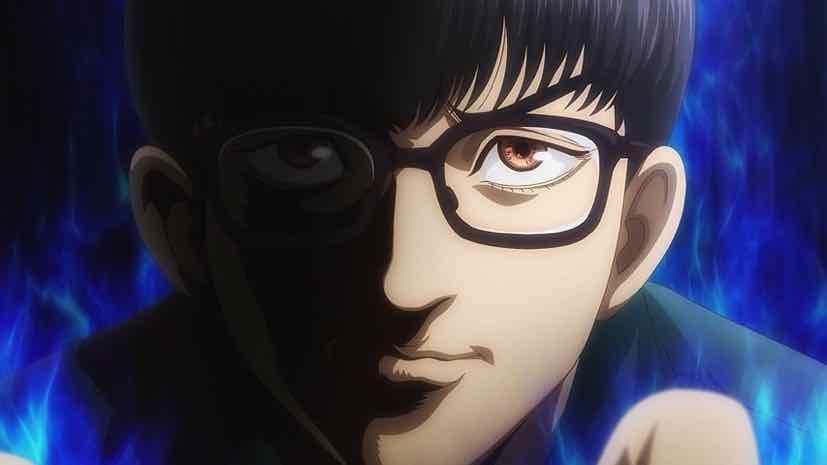

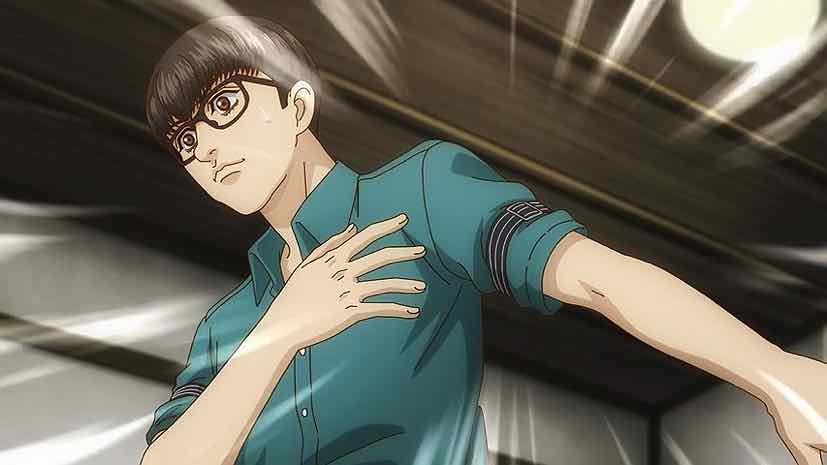

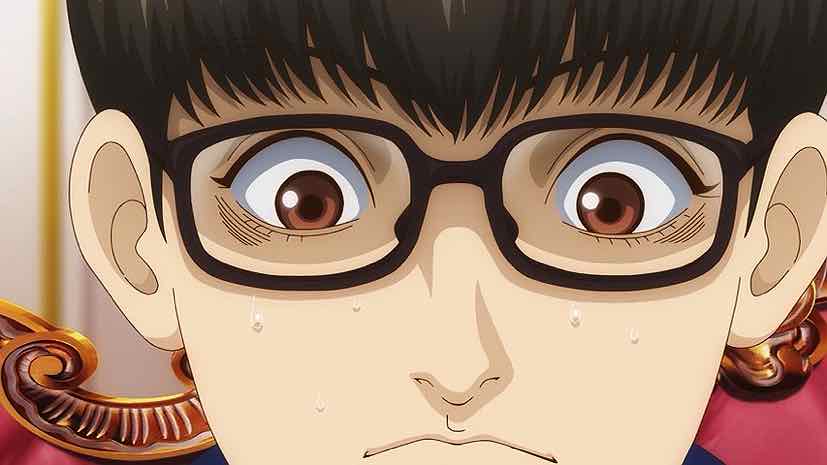
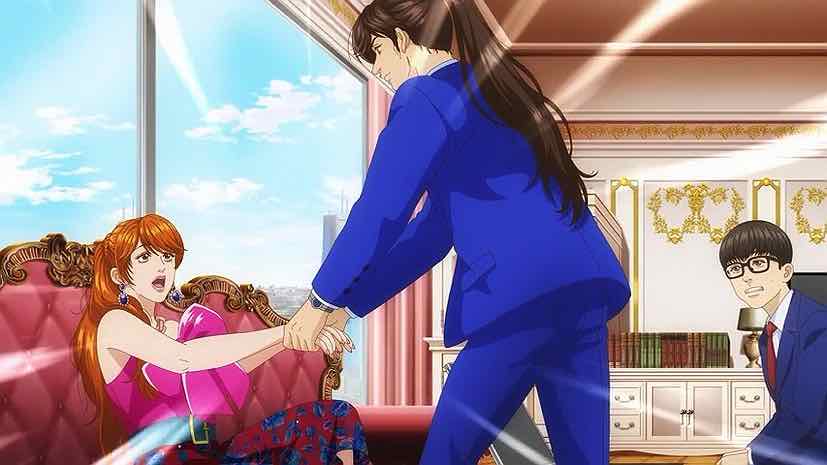

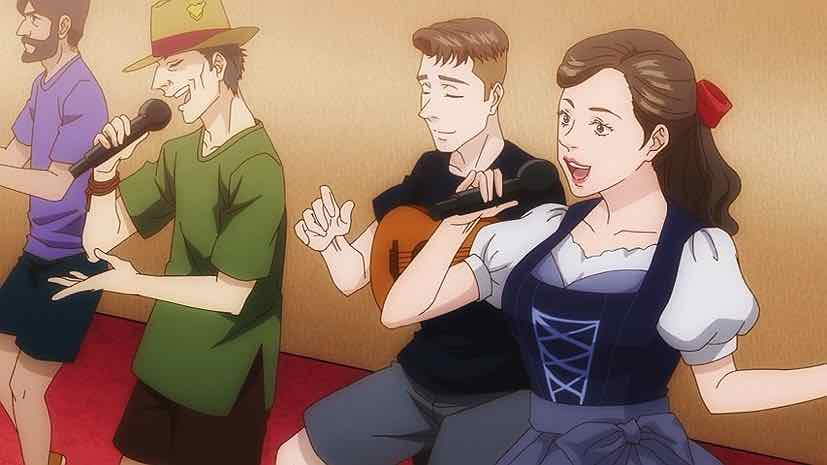

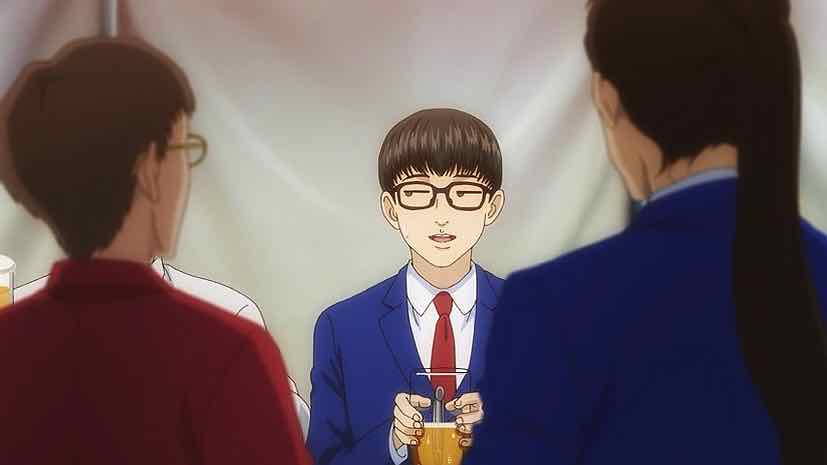

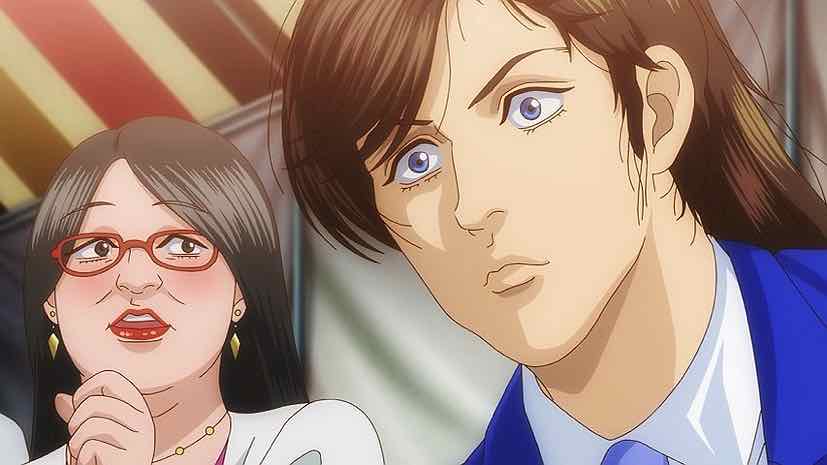
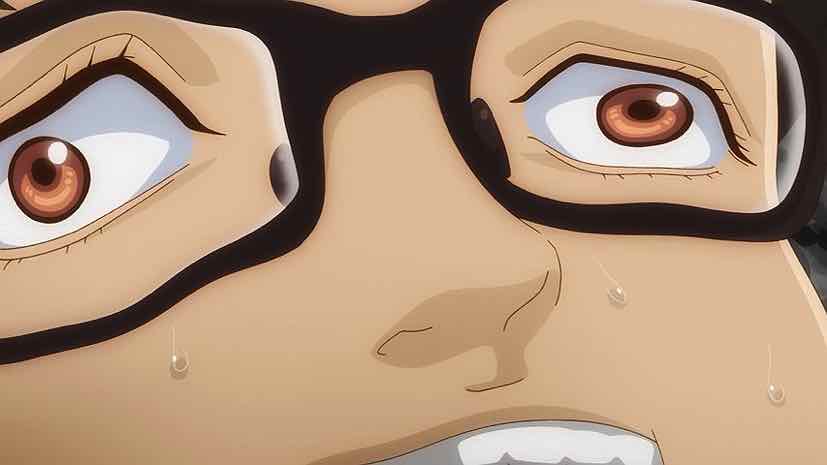
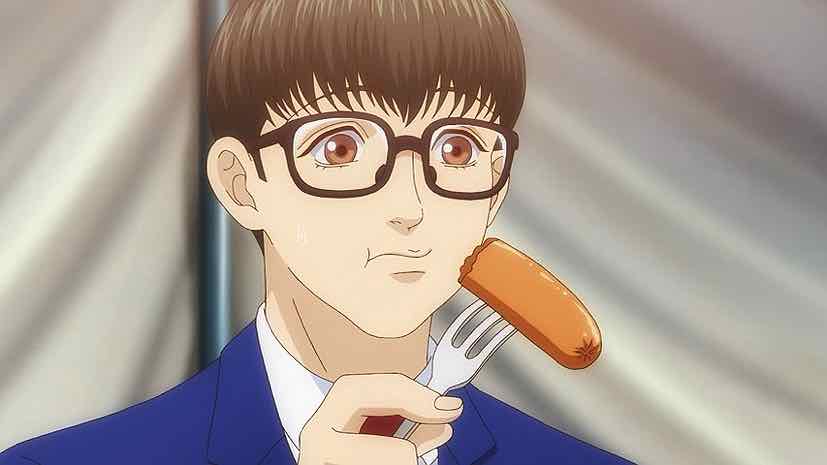
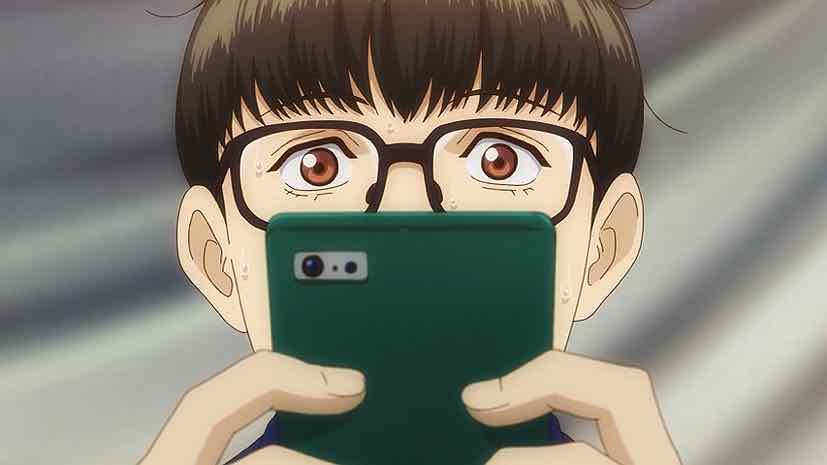

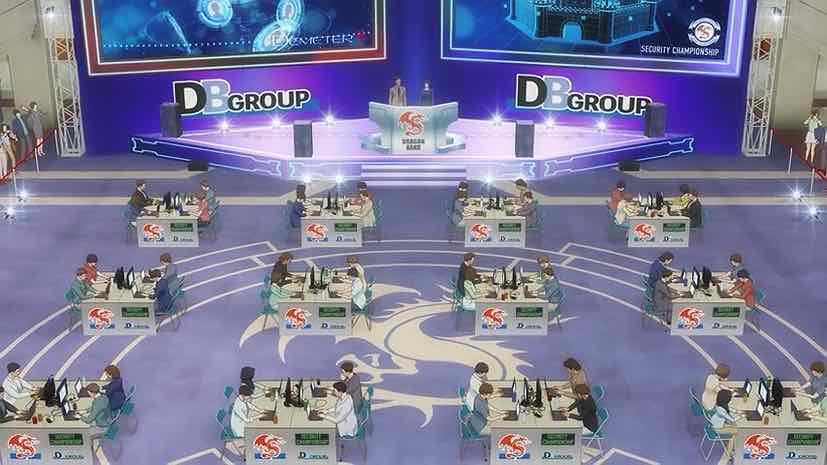
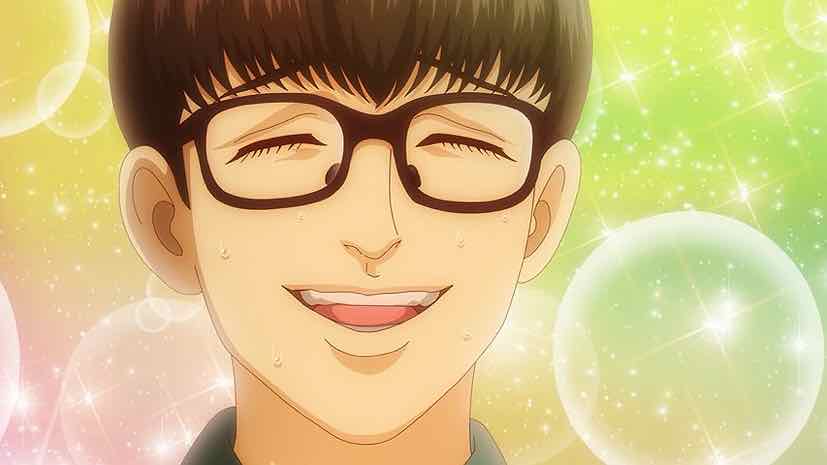


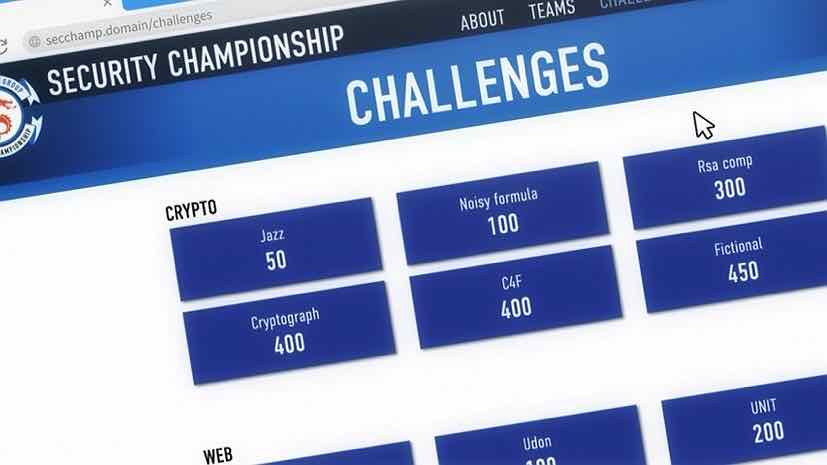

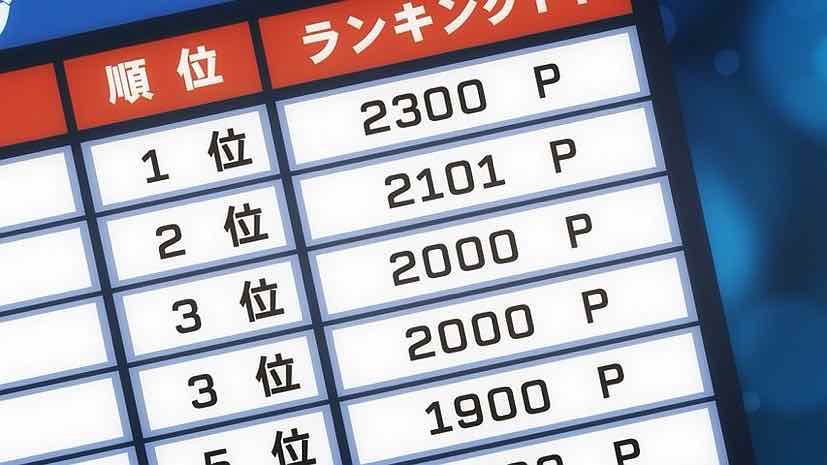
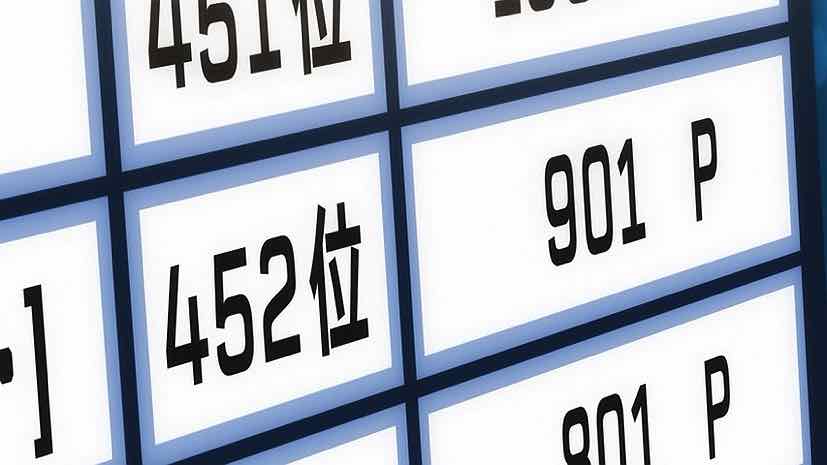
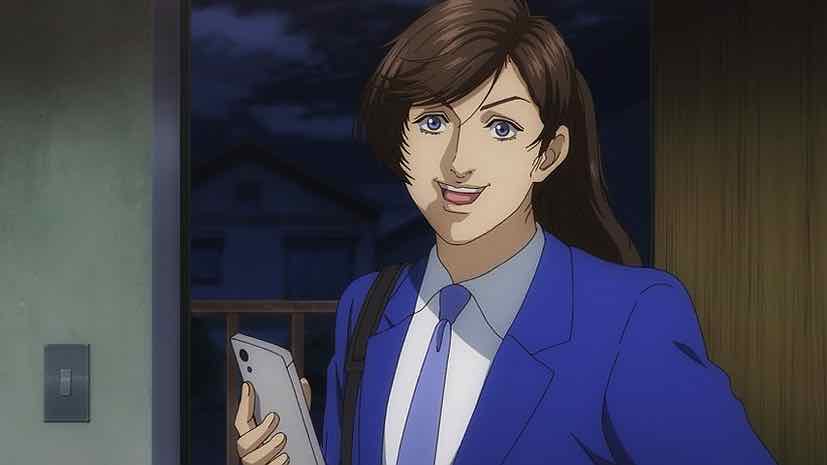
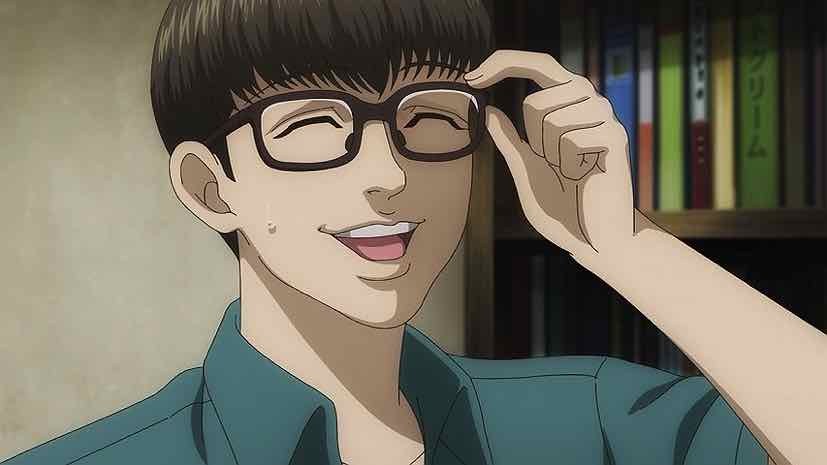
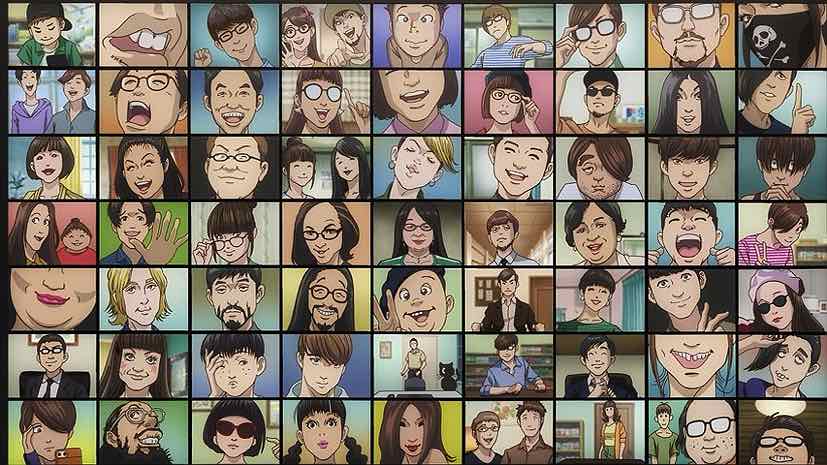
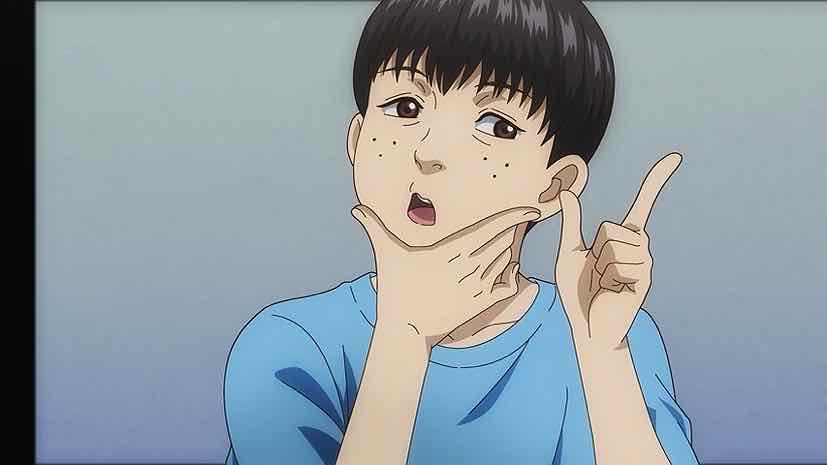
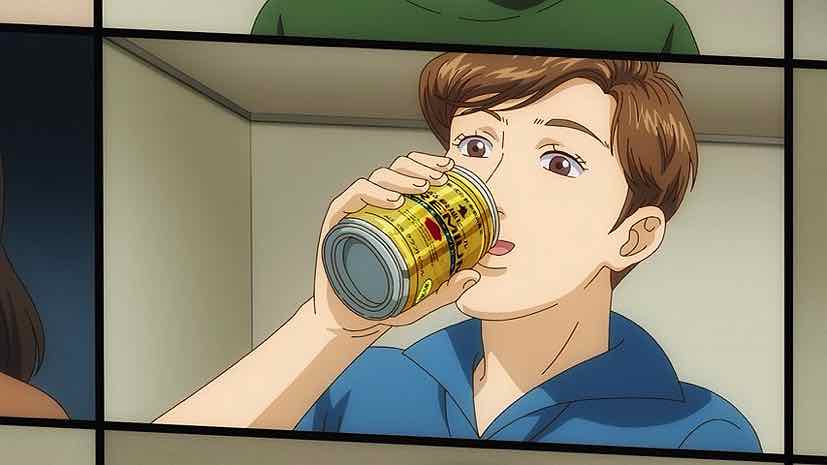
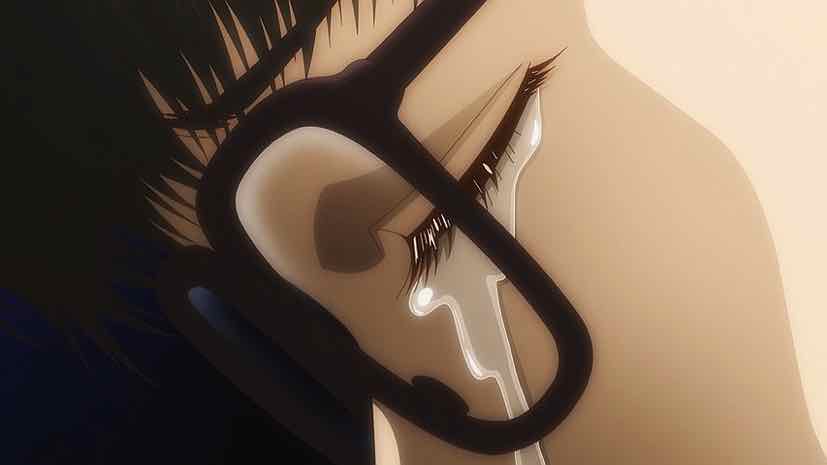
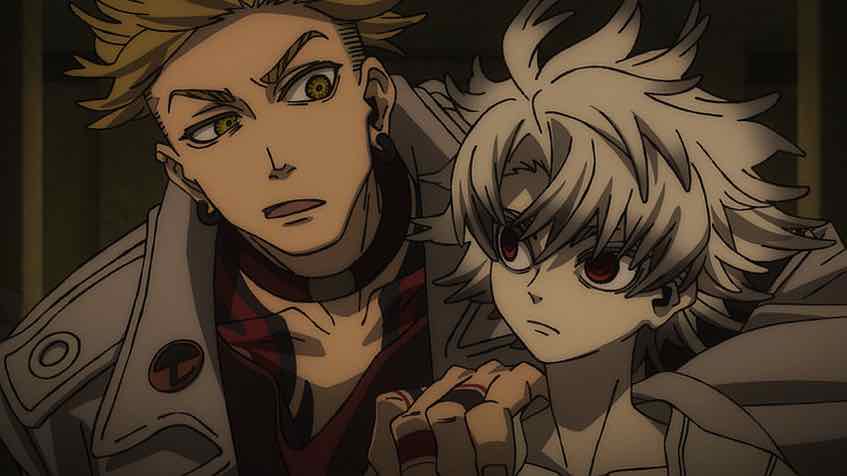

Nellie
October 12, 2024 at 6:52 pmSomething about the way Haru and Gaku’s shenanigans have been depicted so reminds me of a Hollywood at its slickest. Or maybe it’s just Haru, lol.
The Haru-Gaku dynamic reminds me of Mike and Harvey from Suits.
I expect this to a fun, moderately outrageous ride.
Vance
October 13, 2024 at 4:04 amOne thing that caught my eye was that the rules said easy problems are worth 100 points and hard ones are worth 500 points. That opening problem Gaku solved was worth 1 point, which flies in the face of the rules and was played for laughs. I’ll get back to this in a moment. I was wondering whether I was going to stick with this show, but after I saw this episode’s first problem, I think I may know the direction this competition is going.
Some obvious things this kind of tournament tests for are attention to detail (probably the single most important skill for an engineer), knowledge of your craft, and words per minute (if you’re a slow worker, it probably doesn’t matter how inventive/innovative you are if it takes you too long to get out a product that your idea is obsoleted even if when you first came up with the idea it was novel). A lot of people on the autism spectrum have very high attention to detail, and it should be a good thing to screen for more people with high attention of detail. I hear some people who say that there might be a selection pressure for reproducing with people who have a high attention to detail among those in the math and science sectors, so along with improved diagnostic ability and due to real-world need, more people on the spectrum may be succeeding in life and having kids due to the demand for them.
It’s possible the SEC championship Haru and Gaku are participating in is specifically testing for attention to detail, so Haru’s solving of the opening problem may actually be the key to him winning if he doesn’t overtly have the most points. That first problem Gaku solved, if they are testing for attention to detail, might be worth 10-100 times the score of a normal hard problem, so it might actually be worth 5,000 to 50,000 points, the former which would give him a huge but not insurmountable lead and the latter which would make it damn near impossible for someone to catch up to Gaku. So depending on how things go, Haru’s mixer may not have ever been needed for Gaku to win this, but it goes to show how resourceful Haru is and how much of a team player he is despite not having the technical skills.